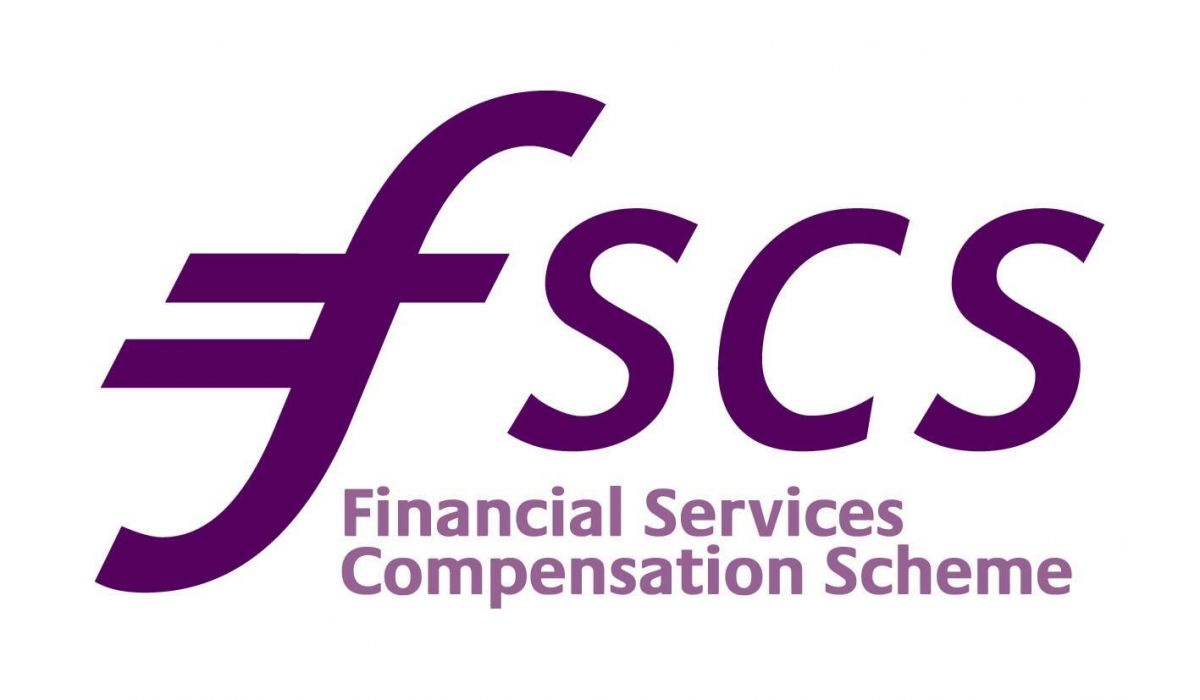FSCS Supports Local Communities amid Cost-of-Living Crisis
FSCS Supports Local Communities amid Cost-of-Living Crisis
How Financial Services Compensation Scheme (FSCS) is tailoring support to its local community by using its strengths and harnessing unused resources.

About the company
The Financial Services Compensation Scheme (FSCS) is the UK’s statutory deposit insurance and compensation scheme. It is committed to providing trusted compensation services to customers when financial firms fail. FSCS is free to consumers, since 2001 it has helped more than 4.5 million people and paid out more than £26 billion and has been a Business in the Community (BITC) member since 2014.
The issue
The cost-of-living crisis is exacerbating existing social and environmental issues. The financial resilience of households and businesses is already low following the pandemic1. This is compounded by deeper structural challenges around high housing costs 2, low productivity,3 a widening skills gap, 4 4a and increasing childcare costs5. Food banks are experiencing unprecedented demand and are becoming difficult to maintain due to staffing shortages and a vast cash flow deficit. 6 6a
What the company did
In 2020, FSCS voted yes to the Aldgate Connect Business Improvement District Proposal, a new five-year project for businesses to support the local Aldgate community to become more appealing, welcoming, protected, and stronger. Through the Aldgate proposal, FSCS made connections with local community groups such as Providence Row, a charity providing support to people that are in times of crisis, and Working Families, a charity reducing barriers for working parents and carers.
FSCS saw Providence Row’s need for volunteers to maintain its award-winning rooftop garden and cook and serve meals for people facing a crisis. As a result, FSCS has been volunteering there for two years. Its executive team and senior leadership community regularly volunteered in the rooftop garden and kitchen, sponsoring the rooftop garden greenhouse that helped Providence Row to produce 14,000 meals for 800 individuals during the previous financial year alongside sponsoring their annual garden party.
By looking at the non-financial support it could provide for local charities, FSCS identified the reduced occupancy of their offices on Mondays and Fridays due to hybrid working. FSCS saw that Providence Row and Working Families don’t have space for their senior meetings, so offered them meeting rooms within the FSCS offices on these lower occupancy days. This has led to FSCS hosting the monthly meetings for these charities as well as the AGM for Aldgate Solar Power, a project by Repowering London to bring solar panels to the Middlesex Street Estate and invest the profits into the community.
Impacts and outcomes
FSCS has shown the numerous ways a business can support their local community in the cost-of-living crisis and beyond, achieving BITC calls to action of promoting employee volunteering and sharing goods and services with community organisations that are working with lower income and vulnerable people.
By supporting the Aldgate proposal, FSCS has created strong connections with community groups. After connecting with Providence Row, FSCS has created a more circular approach to their office furniture, with much of their old or unused office furniture being donated to Providence Row and the wider local community.
What you can do
Implement BITC’s Cost-of-Living Action Plan for businesses for a leading response to support those disproportionately impacted by the crisis.
References
1. Financial Conduct Authority, October 2022, FCA Financial Lives
2. Office For National Statistics (ONS), January 2023, How increases in housing costs impact households
3. Office For National Statistics (ONS), April 2023, Productivity overview, UK: October to December 2022
4. UK Government, May 2021, Quantifying the UK Data Skills Gap – Full report 4a The Access Group, 2019, Skills shortage in the UK: what that means for your organisation
5 The Guardian, March 2022, Childcare costs have spiralled for two-thirds of UK families
6 Trussel Trust, April 2023, Record number of emergency food parcels 6a The Guardian, May 2023, Food banks are taking over from the welfare state
7 Office for National Statistics (ONS), Census 2021

NOT YET A MEMBER?
WE CAN SUPPORT YOU ON YOUR JOURNEY

